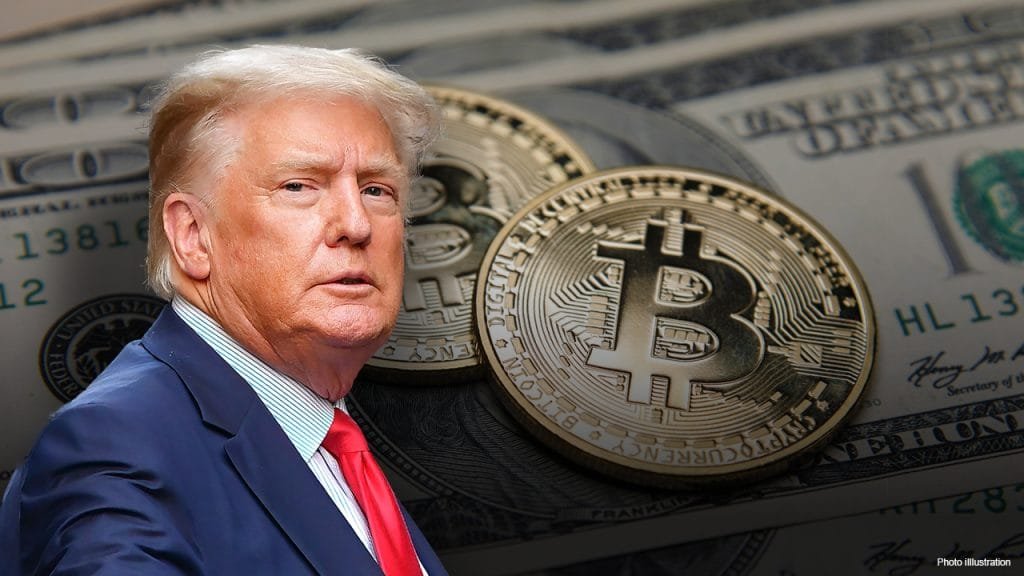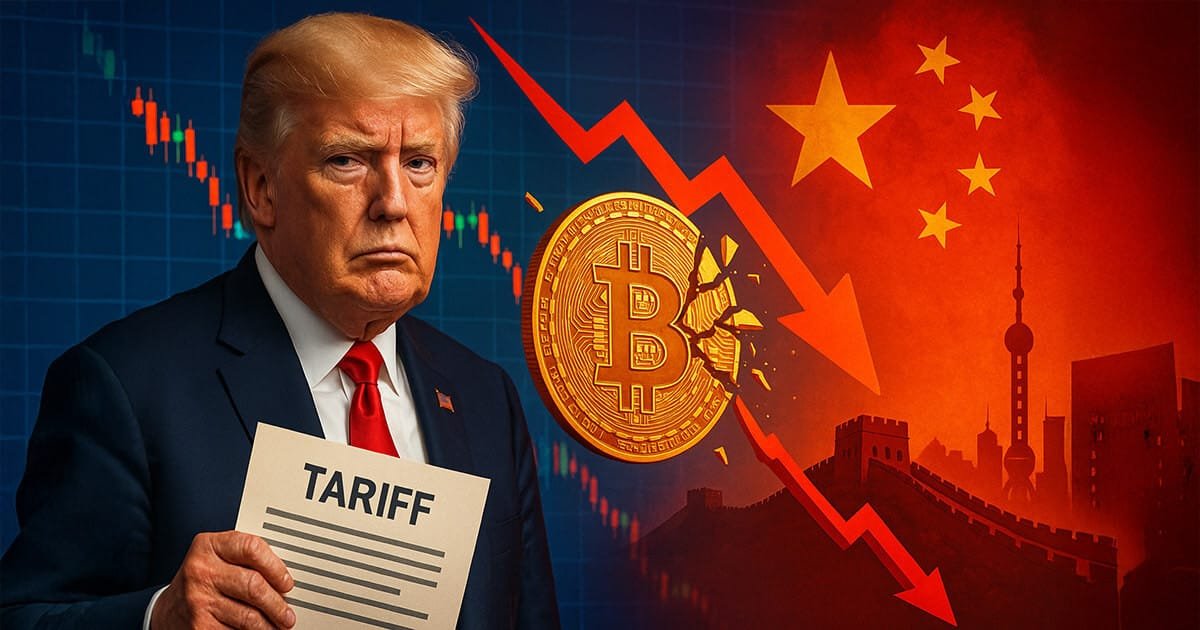US President Donald Trump’s newly imposed tariffs may serve as a catalyst for Bitcoin’s long-term price surge, argues Jeff Park, head of alpha strategies at BitWise. According to Park, these trade policies will contribute to a weaker US dollar in global markets while also leading to declining yields on US government securities, making Bitcoin an attractive hedge.
The financial expert suggests that the primary aim of these tariffs is to devalue the US dollar in international trade, thereby addressing trade imbalances and making American exports more competitive. Park also alluded to a potential repeat of the “Plaza Accord,” referencing the 1985 agreement among the United States, Japan, West Germany, France, and the UK, which sought to deliberately weaken the dollar.
Park further noted that the inflationary effects triggered by these tariffs would disproportionately impact US trading partners, leading to a widespread currency devaluation. This, in turn, could drive individuals in affected economies to seek alternative stores of value, with Bitcoin emerging as a preferred choice.
Crypto Markets React to Tariffs With Declines
Despite a bullish long-term outlook from some analysts, Trump’s tariff announcements sent shockwaves through the crypto market in the short term. Following the news of new tariffs on Canada, China, and Mexico, major digital assets experienced a sharp downturn.
Bitcoin saw a decline of approximately 7.2% over the past week, holding up better than most alternative cryptocurrencies. Data from CoinMarketCap highlights that leading altcoins faced even steeper losses, with Ether, Solana (SOL), and XRP plummeting by roughly 11.6%, 19.3%, and 16.6%, respectively.
Market sentiment suggests that investors anticipate rising inflation due to the trade war and have pivoted toward traditional safe-haven assets in response to growing macroeconomic uncertainties.
US Dollar Strengthens in the Short Term
While Bitcoin and other risk-on assets have faced short-term pressure, the US Dollar Currency Index (DXY) has been on an upward trajectory since October 2024. Although it experienced a slight pullback in January, it regained some lost ground in early February.
A stronger dollar and increasing US Treasury yields could pose further challenges for Bitcoin in the near term, as investors shift capital from speculative assets to more secure government-backed instruments. However, analysts like Park believe that the long-term weakening of the dollar, fueled by inflationary pressures, could ultimately work in Bitcoin’s favor.
For more news, find me on Twitter Giannis Andreou and subscribe to My channels Youtube and Rumble
What is your opinion on this particular topic? Leave us your comment below! We are always interested in your opinion!









